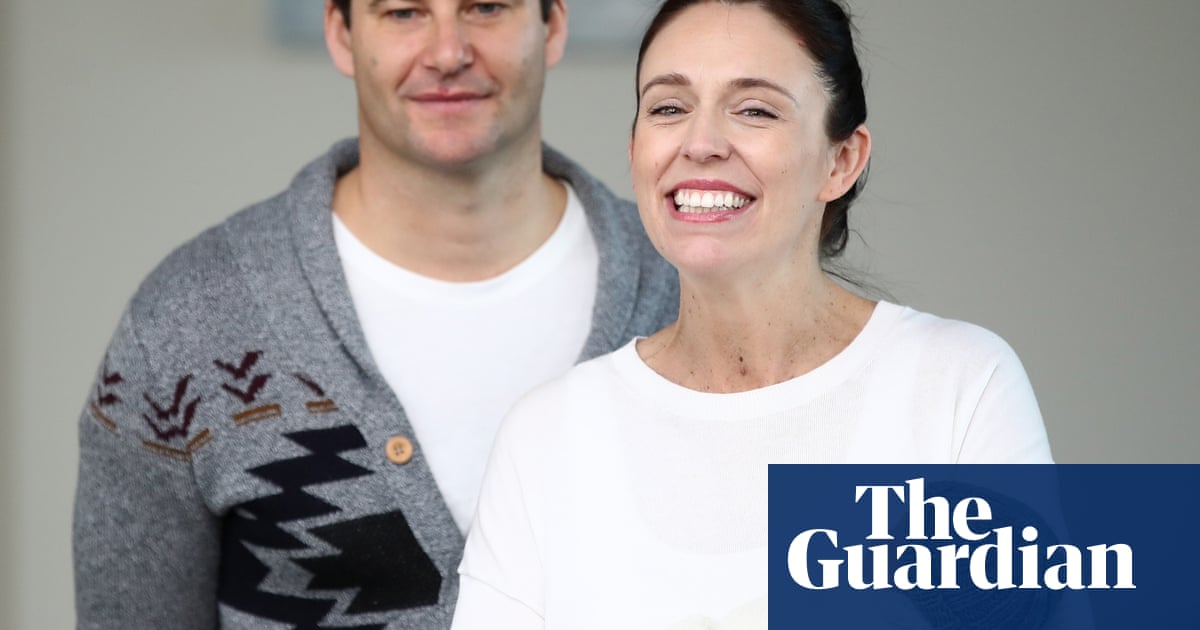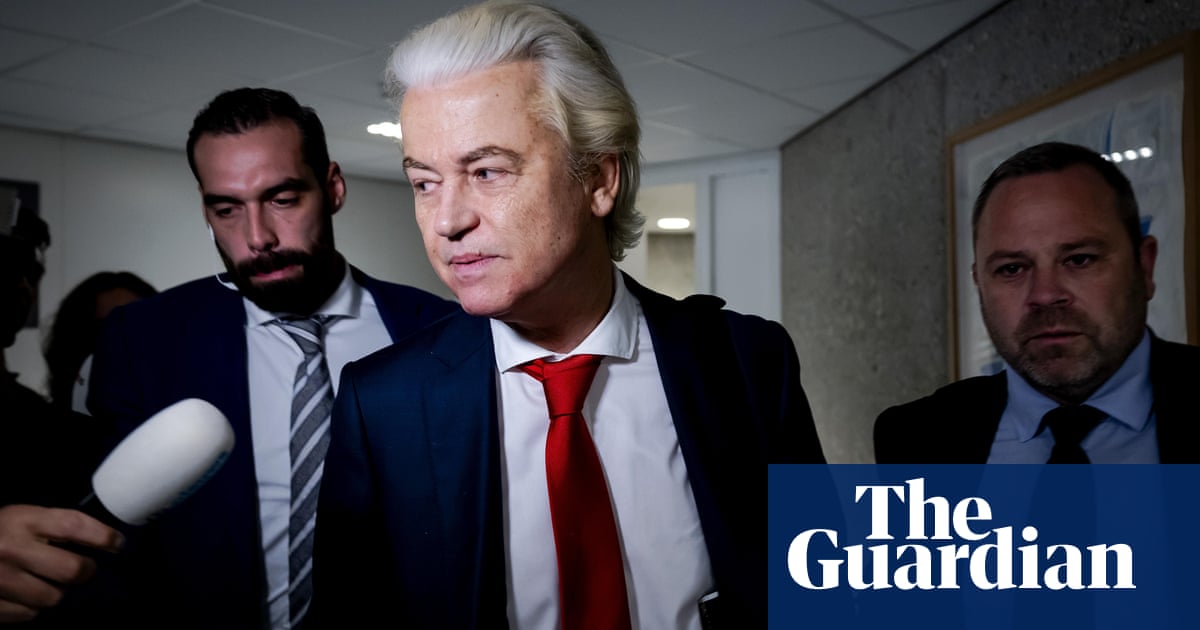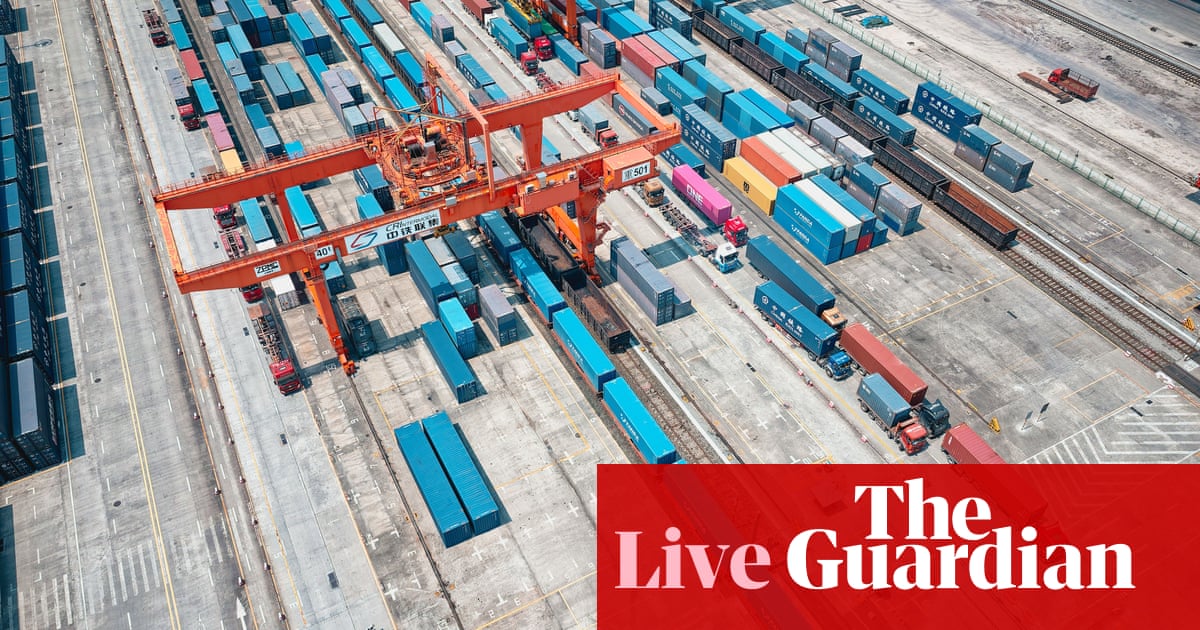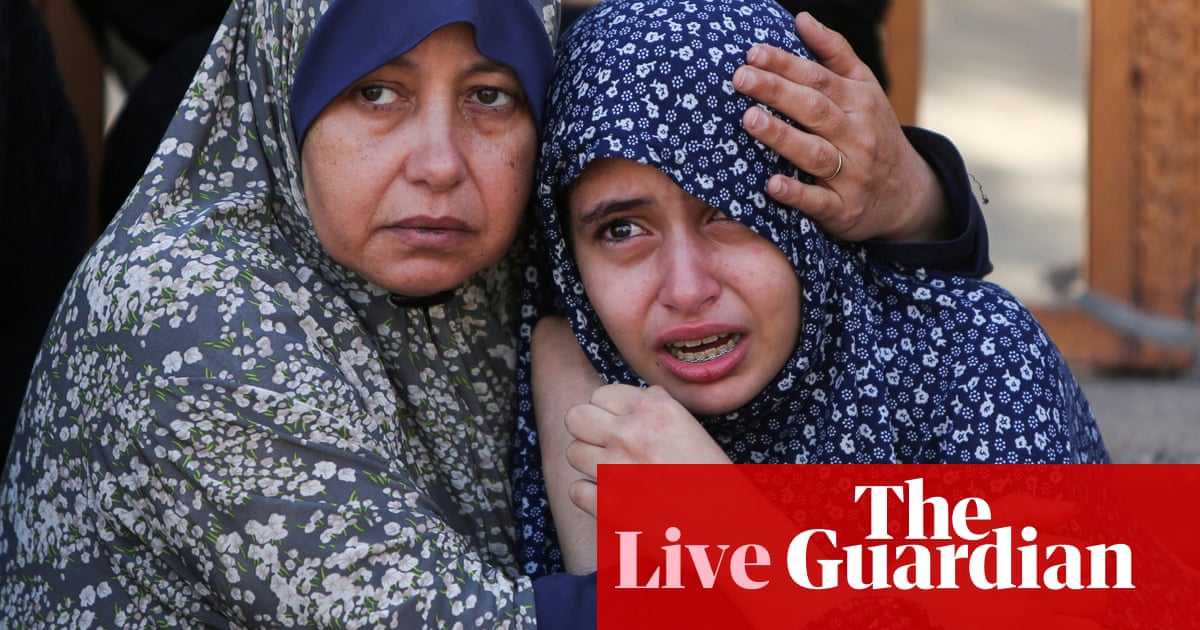Deadline for China to avoid 50% extra tariff passes
The deadline President Trump gave China to withdraw their retaliatory tariffs has just now passed.
Trump wrote yesterday on his Truth Social platform “if China does not withdraw its 34% increase above their already long term trading abuses by tomorrow, April 8th, 2025, the United States will impose ADDITIONAL Tariffs on China of 50%, effective April 9th. Additionally, all talks with China concerning their requested meetings with us will be terminated! Negotiations with other countries, which have also requested meetings, will begin taking place immediately. Thank you for your attention to this matter!”
China’s US embassy said yesterday it would not cave to pressure or threats over the additional 50% tariffs. “We have stressed more than once that pressuring or threatening China is not a right way to engage with us. China will firmly safeguard its legitimate rights and interests,” Liu Pengyu, an embassy spokesman, told Agence France-Presse.
Key events
Show key events only
Please turn on JavaScript to use this feature
US to go ahead with imposition of 104% tariff China from Wednesday after Beijing did not life retaliatory tariffs
The United States will impose a 104% tariff on China from 12:01 AM ET (12:01 PM China Standard Time) on Wednesday, a White House official said after Beijing did not lift its retaliatory tariffs on US goods by a noon Tuesday deadline set by Donald Trump.
Iran says talks with US will be indirect, contrary to Trump’s words

Patrick Wintour
Iran, wrongfooted by Donald Trump’s revelation that “direct talks” between the US and Iran on its nuclear programme are set to start in Oman on Saturday, insisted the talks would actually be in an indirect format, but added that the intentions of the negotiators were more important than the format.

Trump on Monday threw Tehran off guard by revealing the plan for the weekend talks and saying that if the talks failed Iran would be in “great danger”. There has been an unprecedented US military buildup across the Middle East in recent weeks, and Trump’s decision to make the talks public looks designed to press Iran to negotiate with urgency.
The US delegation to the talks will be led by Steve Witkoff, Trump’s special envoy to the Middle East, who has also been involved in talks with Russia over the Ukraine war; and the Iranian side by its foreign minister, Abbas Araghchi. Witkoff’s efforts to broker peace between Israel and Hamas and between Russia and Ukraine have so far failed.
Iran had in public been stalling about talks, saying simply that it was prepared for indirect talks with the US, but had not yet received a formal response from the US as to whether talks were going ahead. In a post on X issued some hours after Trump used an Oval Office press conference to reveal the agreement to stage weekend talks, Araghchi described the talks as an opportunity and a test. He insisted the ball was in the US’s court.
Speaking during a visit to Algiers, Araghchi elaborated that Iran wanted indirect talks. He said:
The form of negotiations is not important, whether they are direct or indirect. In my opinion, what is important is whether the negotiations are effective or ineffective, whether the parties are serious or not in the negotiations, the intentions of the parties in the negotiations, and the will to reach a solution. These are the criteria for action in any dialogue.
A new round of US-Russia consultations will take place on 10 April at the Russian consulate in Istanbul, a diplomatic source told Reuters.
In February, Russian and US teams held talks in Istanbul to try to restore normal functioning of their embassies. The talks, focused narrowly on conditions for each other’s diplomats, provided an early test of the two countries’ ability to reset wider relations.
Earlier on Tuesday, the Russian state-run TASS news agency reported that delegations from Russia and the US would meet for consultations in Istanbul in the coming days, citing the Russian foreign ministry.
The Russian delegation will be led by Alexander Darchiev, recently appointed as Russia’s ambassador to the US, while the US delegation will be headed by deputy assistant secretary of state Sonata Coulter, TASS reported.
Both delegations will be made up of only diplomats and the talks will focus on normalising the operations of the diplomatic missions of both countries, TASS quoted Russia’s foreign ministry as saying.
US and Russian officials met in February in the Saudi capital Riyadh where they agreed to explore the “economic and investment opportunities” that could arise for their countries from an end to the war in Ukraine, part of a broader rapprochement with Moscow sought by the new Trump administration.
Elon Musk reportedly made several pushes for Trump to back off global tariffs surge
Richard Luscombe
Elon Musk made personal, repeated attempts to try to get Donald Trump to back off from the wave of global tariffs that have created turmoil in international markets, it was reported on Tuesday.

Musk’s failure to get Trump to listen, however, is evidence to some observers of a growing rift between the US president and the world’s richest person, who has been leading the White House’s efforts to curb federal spending as head of the unofficial department of government efficiency (Doge).
Two sources confirmed to the Washington Post (paywall) that Musk had made a number of personal approaches to Trump over the weekend to try to persuade him to reverse the slate of trade tariffs he announced last Thursday on a vast number of countries, many of them longstanding US allies.
Their imposition tanked stock markets worldwide on Monday, wiped trillions of dollars from the values of numerous companies, and dinged the wealth of several billionaire friends of Trump, including Musk, a founder of Tesla and SpaceX, and owner of X – whose personal fortune fell below $300bn for the first time since last year, according to reports.
At the same time as Musk was pleading with Trump, he was appearing online at a rightwing conference in Italy calling for zero tariffs between the US and the European Union. “That has certainly been my advice to the president,” he told attenders of the far-right League party conference in Florence.
On Monday, Musk intensified an insult-heavy social media feud with Peter Navarro, a key Trump ally and White House trade adviser said to be a guiding force behind the tariffs strategy. It escalated, and escalated, and escalated.
The Post said Musk’s opposition to what has become Trump’s signature economic policy “marks the highest-profile disagreement between the president and one of his key advisers”. It follows reports that the billionaire will soon be leaving government to return to running his businesses.
A little more from US trade representative Jamieson Greer’s Senate hearing earlier, per Reuters.
Greer told senators that US companies could feel pain from reworking supply chains after Donald Trump announced his global tariff program.
Greer, who oversees the tariff implementation, told the Senate finance committee that companies should prepare to rework their supply chains for the future and source materials domestically, if needed.
We can’t keep doing the same thing we always did and if companies are having trouble adjusting their supply chain, which are very sensitive to, we have to deal. We can’t do nothing for four years.
Senate confirms Trump’s controversial pick for Pentagon No 3 job
A majority of the Senate has voted to confirm Donald Trump’s controversial nominee Elbridge Colby, a former Department of Defense official known as a China hawk, as undersecretary of defense for policy, the Pentagon’s number three post, Reuters reports.

The Senate voted 54-45 in favor, largely along party lines. Three Democrats voted in favor of Colby and one Republican voted against him, with another Republican not voting. This is despite, the Hill notes, the private concerns from a number of Republican senators about Colby’s past statements and views.
In the role, Colby will be responsible for briefing the defense secretary, Pete Hegseth, on all defense policy matters.
Colby was deputy assistant secretary of defense for strategy and force development during Trump’s first term as president. He is known for arguing that the US military should prioritize competition with China and shift its focus from the Middle East and Europe.
Colby was closely questioned about those views by Democrats and some of Trump’s fellow Republicans during his confirmation hearing. He repeatedly declined to answer when asked if Russian president Vladimir Putin had invaded Ukraine, citing Trump’s ongoing “delicate” diplomacy.
He was strongly supported by those close to Trump, with Vice-President JD Vance, noted by the Hill, introducing “Bridge” as a friend at his confirmation hearing. He also had the backing of Trump’s son, Donald Trump Jr, and close ally Elon Musk.
The only Senate Republican who voted against Colby’s confirmation on Tuesday was Mitch McConnell of Kentucky, the party’s former leader.
At his confirmation hearing in March, Colby also was questioned about whether his view of defending Taiwan had softened. Colby said then that Taiwan needs to dramatically increase its defense spending to about 10% of gross domestic product in order to deter a war with China.
Italian PM Giorgia Meloni to travel to US next week for tariff talks with Trump
Italy’s prime minister Giorgia Meloni will travel to the United States next week for talks on tariffs with Donald Trump on 17 April, her office said on Tuesday.
Meloni is facing a diplomatic balancing act as she is an ally of Trump but also under pressure to defend Italy’s export-focused industry.
Italy last year ran the third-largest trade surplus in the European Union for goods with the US, after Germany and Ireland.
The prime minister has called Trump’s decision on tariffs a mistake, but warned that EU countermeasures could escalate a trade war, and called for negotiations to mitigate the crisis.
Countries from the European Union face 25% import tariffs on steel and aluminum and cars and broader tariffs of 20% for almost all other goods under Trump’s policy to hit countries he says impose high barriers to US imports.
Although EU ministers have agreed they should prioritise negotiations, the bloc is set to approve the first retaliatory measures this week.
The Supreme Court has blocked a ruling from a federal judge in California that had ordered the Trump administration to rehire thousands of fired federal workers who had been put on probationary status.
The court’s order said the nonprofit groups that had sued to challenge the firings did not have standing to sue. “The District Court’s injunction was based solely on the allegations of the nine non-profit-organization plaintiffs in this case,” the order says. “But under established law, those allegations are presently insufficient to support the organizations’ standing.
Deadline for China to avoid 50% extra tariff passes
The deadline President Trump gave China to withdraw their retaliatory tariffs has just now passed.
Trump wrote yesterday on his Truth Social platform “if China does not withdraw its 34% increase above their already long term trading abuses by tomorrow, April 8th, 2025, the United States will impose ADDITIONAL Tariffs on China of 50%, effective April 9th. Additionally, all talks with China concerning their requested meetings with us will be terminated! Negotiations with other countries, which have also requested meetings, will begin taking place immediately. Thank you for your attention to this matter!”
China’s US embassy said yesterday it would not cave to pressure or threats over the additional 50% tariffs. “We have stressed more than once that pressuring or threatening China is not a right way to engage with us. China will firmly safeguard its legitimate rights and interests,” Liu Pengyu, an embassy spokesman, told Agence France-Presse.
South Korea’s acting president, Han Duck-soo, said his country would not band together with other countries such as China to push back against the tariffs imposed by President Trump.
“I don’t think that kind of fighting back will improve the situation dramatically,” he said in an interview with CNN. “I don’t think it will be really profitable for the three of us, and especially for Korea.” He added that South Korea “clearly would like to negotiate” with Washington.

Marina Dunbar
Trade Representative Jamieson Greer defended the Trump administration’s decision to apply a 10% tariff on Australia despite a free trade agreement, citing the country’s ban on imports of US beef and pork.
“We should be running up the score in Australia,” Greer said at today’s hearing. “Despite the agreement, they ban our beef, they ban our pork.”
Greer also told senators that negotiations with nations seeking to lower the reciprocal tariffs announced by President Trump last week would proceed country by country.
Greer claims – after first dodging the question – that it will be companies that are heavily reliant on imports from China and Asia more widely, rather than ordinary Americans, that will bear the burden of the “short-term pain” resulting from Trump’s tariff policy.

 1 month ago
46
1 month ago
46

















































